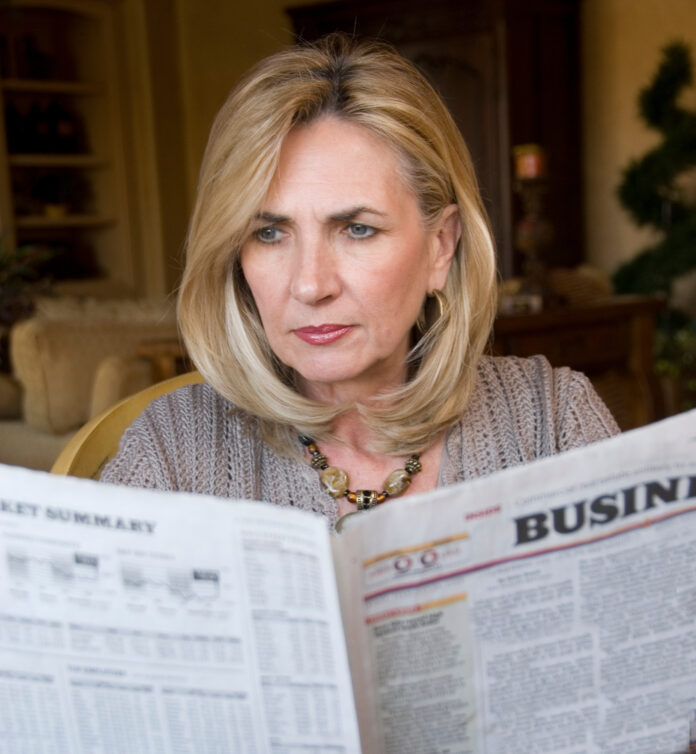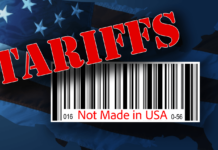In a world where the media operates without fiduciary duty and the absence of laws that strictly regulate its practices, the consequences on society, and particularly on the financial industry, can be far-reaching.
The potential harm is further amplified when considering that media outlets are owned by Wall Street. In this essay, we will discuss the implications of such circumstances and the detrimental impact they can have on the financial industry.
Media outlets play a significant role in shaping public opinion, influencing investment decisions, and ultimately, impacting the financial markets. When media organizations lack fiduciary responsibility, they are free to publish misinformation, misrepresentation, or even outright lies. In an environment lacking oversight, these false narratives can easily mislead investors and create unnecessary panic or euphoria, prompting drastic market reactions.
Media’s duty is not solely to report news; it also entails holding the financial industry accountable. However, in the absence of laws and regulations, media outlets might prioritize their own financial interests or their affiliations with Wall Street owners. Consequently, their reporting may be biased, skewed, or manipulated in ways that favor specific industry players. Manipulative reporting can impact stock prices, deceive investors, and compromise market integrity.
Moreover, without legal recourse, those affected by biased reporting or financial losses resulting from media misinformation find themselves without a means of seeking justice or restitution. This lack of accountability erodes trust in the financial system, discourages investment, and undermines the overall stability of the industry.
To mitigate these risks, it becomes essential for society and regulators to demand transparency, accountability, and ethical practices from media organizations. Enacting laws that regulate financial media, implementing oversight mechanisms, and promoting fact- checking can help ensure that news outlets provide accurate, objective information to the public.
In summary, the absence of fiduciary responsibility, coupled with the ownership of media outlets by Wall Street, creates an environment that allows misinformation, manipulation, and biased reporting to flourish unchecked. This poses significant risks to the financial industry, giving rise to potential market volatility, loss of investor confidence, and erosion of trust. Recognizing the potential consequences and taking proactive measures to establish oversight and legal accountability are imperative to safeguard the integrity of the financial industry. These actions are vital to ensuring fair and transparent reporting for the everyday retired investor who has worked a lifetime to secure their retirement future.













